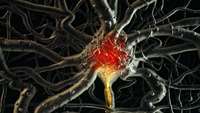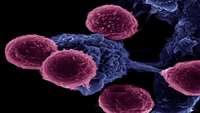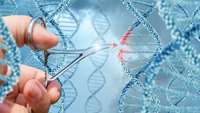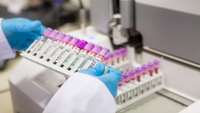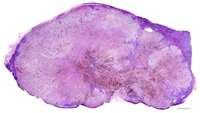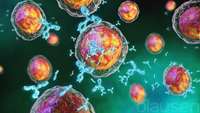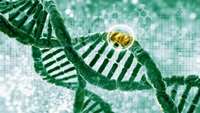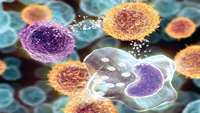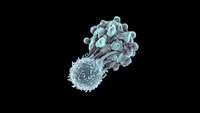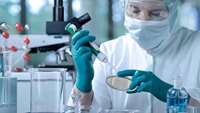Growing human brain cells in the lab
Li Gan, PhD, wants to find treatments to help patients with Alzheimers disease. Like most researchers, shes hit a few major roadblocks.
NantKwest Announces Successful First in Human Administration of CD16 High Affinity Natural Killer (hank) Cells
stage immunotherapy company focused on harnessing the unique power of the immune system using natural killer (NK) cells to treat cancer today announced the clinical implementation of the company’s haNK cell therapy program to human clinical trials with the first participants treated in the first-in-human, Phase I haNK cell therapy clinical trial targeting a wide range of cancer types.
Gene Therapy with the Sleeping Beauty Transposon System
The widespread clinical implementation of gene therapy requires the ability to stably integrate genetic information through gene transfer vectors in a safe, effective, and economical manner.
MD Anderson Cancer Center and Pfizer Oncology announce clinical collaboration to evaluate immuno-oncology combinations in blood cancers and solid tumors
The University of Texas MD Anderson Cancer Center and Pfizer Inc. today announced that they have entered into a clinical collaboration to study novel combinations of three Pfizer investigational immuno-oncology therapies and other Pfizer agents in the treatment of various solid tumors and hematologic malignancies.
Clinical responses to adoptive T-cell transfer can be modeled in an autologous immune-humanized mouse model
Immune checkpoint inhibitors and adoptive cell transfer (ACT) of autologous tumor-infiltrating T cells have shown durable responses in patients with melanoma.
Chimeric Antigen Receptor T-cell Therapies for Multiple Myeloma
Multiple myeloma (MM) is a nearly always incurable malignancy of plasma cells, so new approaches to treatment are needed. T-cell therapies are a promising approach for treating MM, with a mechanism of action different than those of standard MM treatments.
Correction of β-thalassemia mutant by base editor in human embryos
β-Thalassemia is a global health issue, caused by mutations in the HBB gene. Among these mutations, HBB −28 (A>G) mutations is one of the three most common mutations in China and Southeast Asia patients with β-thalassemia.
Cellular Immunotherapy for Septic Shock (CISS): A Phase I Clinical Trial
In septic animal models mesenchymal stem (stromal) cells (MSCs) modulate inflammation, enhance tissue repair and pathogen clearance, and reduce death.
Identification of essential genes for cancer immunotherapy
Somatic gene mutations can alter the vulnerability of cancer cells to T-cell-based immunotherapies. Here we perturbed genes in human melanoma cells to mimic loss-of-function mutations involved in resistance to these therapies, by using a genome-scale CRISPR–Cas9 library that consisted of around 123,000 single-guide RNAs, and profiled genes whose loss in tumour cells impaired the effector function of CD8+ T cells.
Top 10 stem cell clinic secrets kept from patients
Stem cell clinics are in the business of making profits above all else and to make steady money they need a strong flow of patients as their paying customers for their non-FDA approved offerings.


